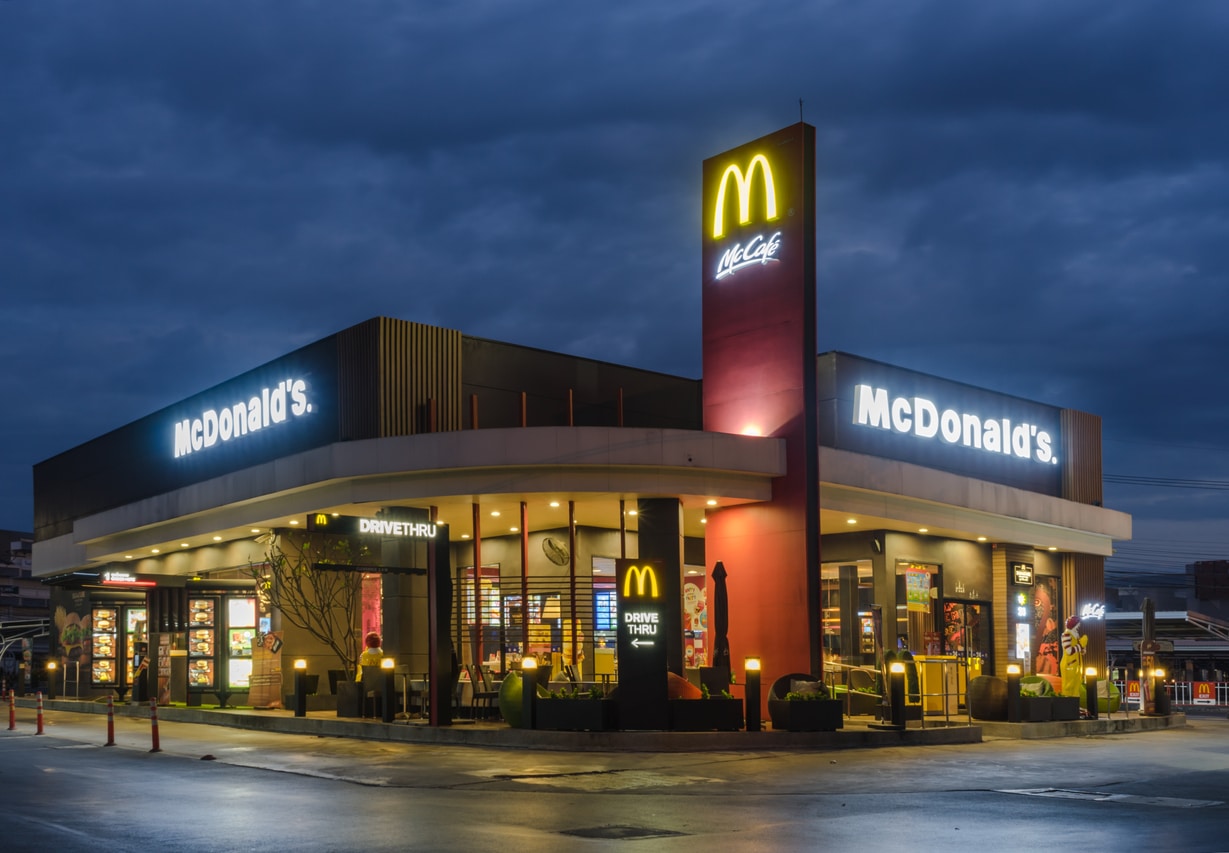After Less Than Three Years, McDonalds is Selling One of Its Biggest Ever Acquisitions

Sign up for smart news, insights, and analysis on the biggest financial stories of the day.
When McDonalds bought an Israeli artificial intelligence startup in 2019, some puzzled analysts wondered how exactly that was going to put more Big Macs on the table.
On Tuesday, less than three years into the experiment, McDonalds announced it had agreed to sell the unit, Dynamic Yield, to Mastercard. It will still, however, keep its teeth in the AI game.
McChickening Out
McDonald’s bought Dynamic Yield for over $300 million, making it the company’s largest acquisition in decades. The AI unit’s personalization and decision logic technology — which guides customers through purchases and offers them things they might want in order to maximize sales — was applied to drive-thru locations, ordering kiosks, and mobile apps as part of $1 billion in 2019 upgrades.
Some franchises initially resisted the push on technology spending, which was partly subsidized by McDondald’s Chicago head office, but once the Covid-19 pandemic hit the move looked like strategic brilliance. With more nimble digital offerings, McDonald’s was able to quick rebound from the depth of the pandemic:
- While McDonald’s profits fell 22% to $4.73 billion in 2020, the company recovered and beat 2019 pre-pandemic sales by 7% in the second quarter of 2021, raking in $5.9 billion.
- In October, McDonald’s reported sales growth of 12.7% and earned $6.2 billion, while fast food burger rivals like Burger King — whose sales shrank 1.6% in the third quarter — were still struggling.
Then Why Sell?: McDonald’s business is back in full swing and the new tech is a hit, which begs the question, what is going on here? There financials of the Dynamic Yield deal weren’t disclosed, though McDonalds says it intends to keep using the technology — one big reason Mastercard may have bought the unit is it has greater leverage to scale personalized shopping menus for stores throughout the payments industry, whereas Dynamic would have been stuck hawking burgers under the golden arches.











